Filters and screens are essential in machines used across dozens of important industries, including aerospace, medical, automotive, and pharmaceutical. The sophistication of geometries and patterns to minimize impurities sets precision-manufactured filters and screens apart.
PEI leverages the power of precision chemical machining (PCM) to produce thin metal filters and screens tailored to our client’s stringent requirements. Our operators are experts at maintaining world-class processes for burr-free parts and can create openings down to a micron, and our quality assurance professionals maintain rigid standards.
PCM enables PEI operators to fabricate filters and screens from a solid sheet of thin metal, creating consistent, strong, and durable parts. Further, PCM allows engineers to design filters with multiple apertures to create unique flow rates and add webbing to the pattern to increase a part’s strength.
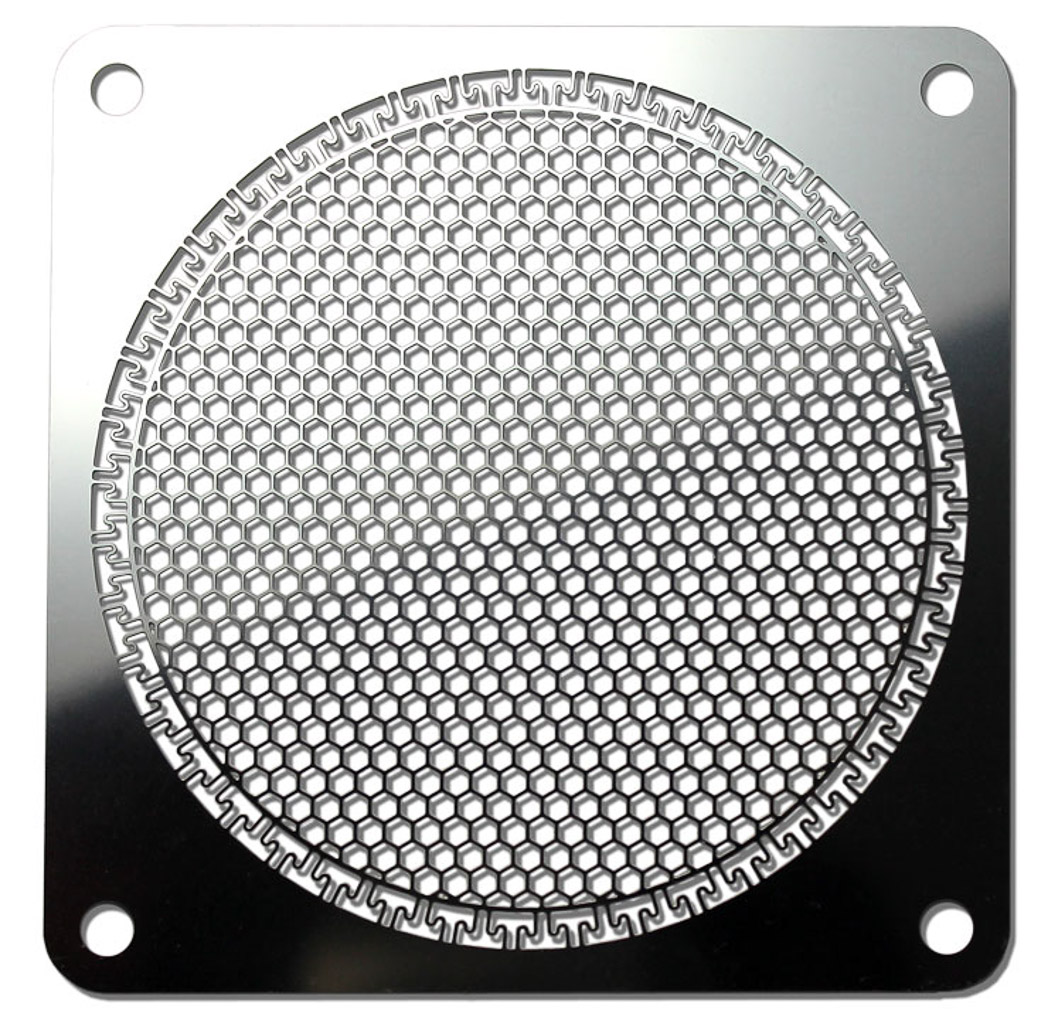
Filters remove contaminants from liquids or gasses to ensure the proper operation of machinery and equipment. Screens protect certain components from heat, dust, or other environmental contaminants.
The most commonly used metal for filters and screens is stainless steel, thanks to its high corrosion resistance, durability, strength, ability to withstand high temperatures, and compatibility with many chemicals and fluids.
At the same time, PEI can fabricate filters and screens from:
Aluminum
Brass
Monel
Copper
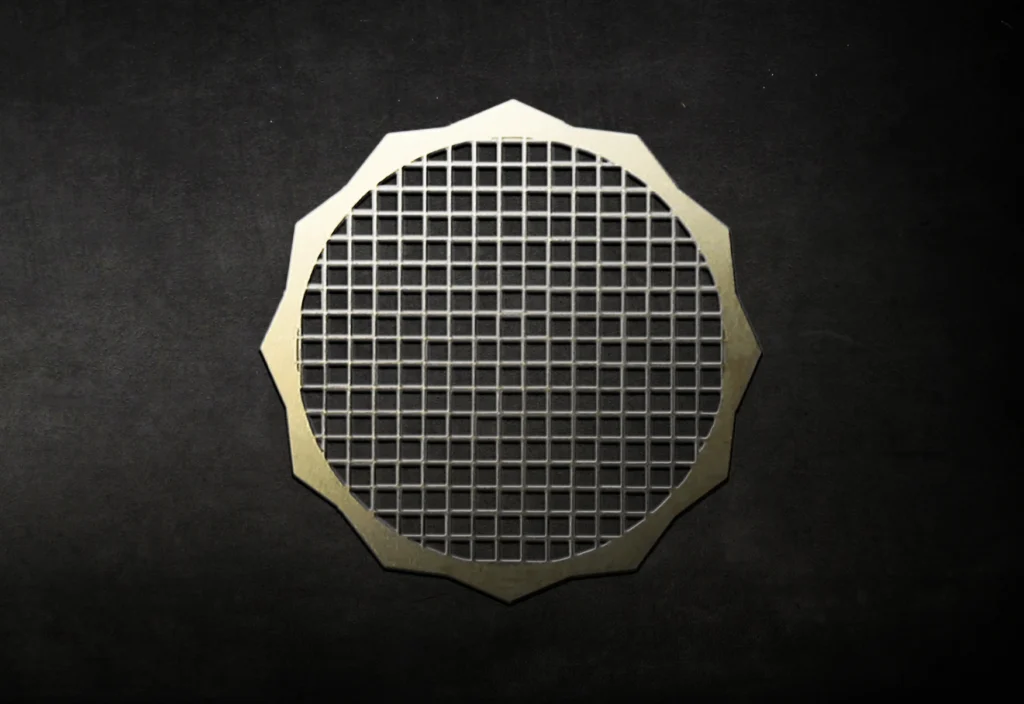
PEI operators produce precision filters and screens used by industry-leading companies serving the electronics, aerospace, medical, automotive, and pharmaceutical sectors.
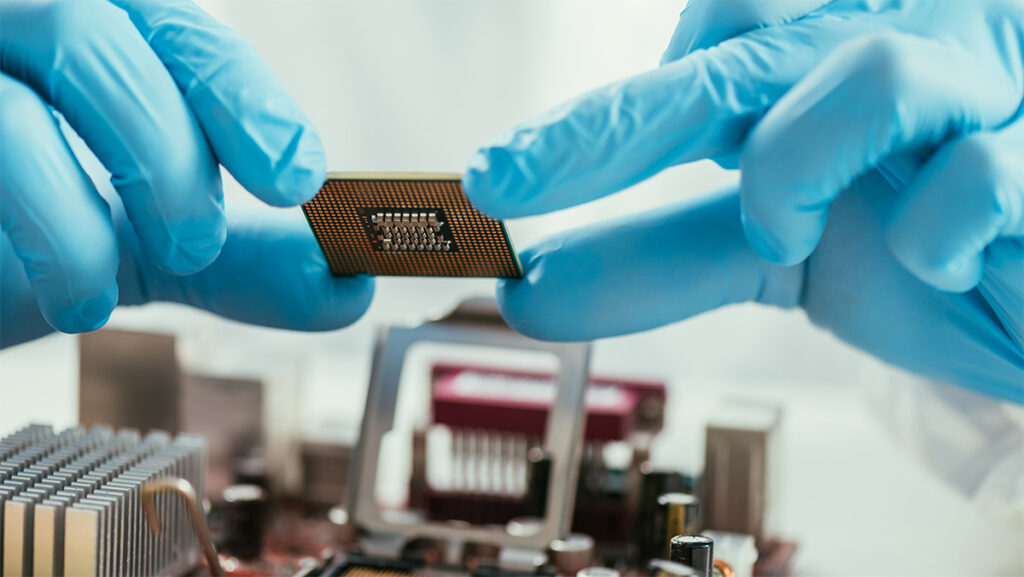
Removing contaminants and protecting sensitive components, filters, and screens contribute to the overall performance and longevity of electronic devices.

From blood filtration and drug delivery systems to dialysis equipment and respiratory devices, filters and screens play a critical role in patient care and treatment.
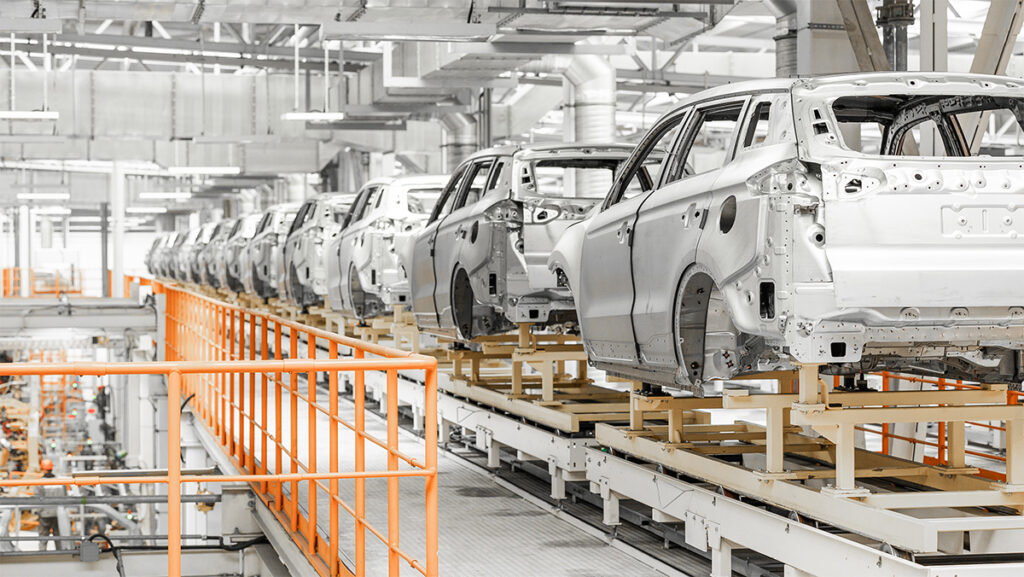
Filters are used in engine air, fuel, oil, and cabin air filters. Screens are used in sensor protection, cooling, and exhaust systems, ensuring optimal vehicle performance.
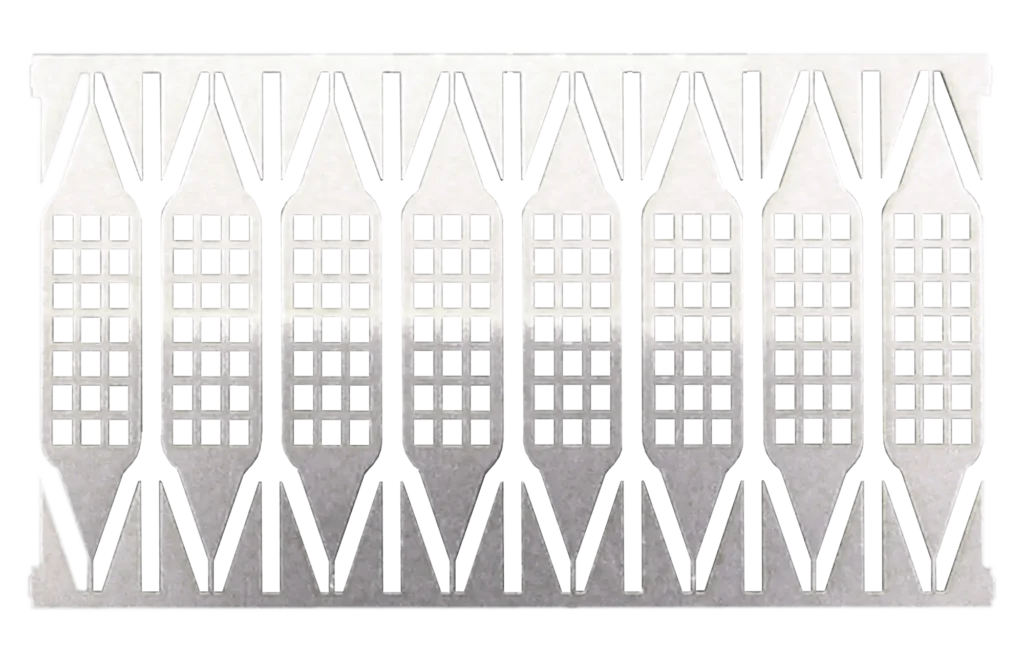
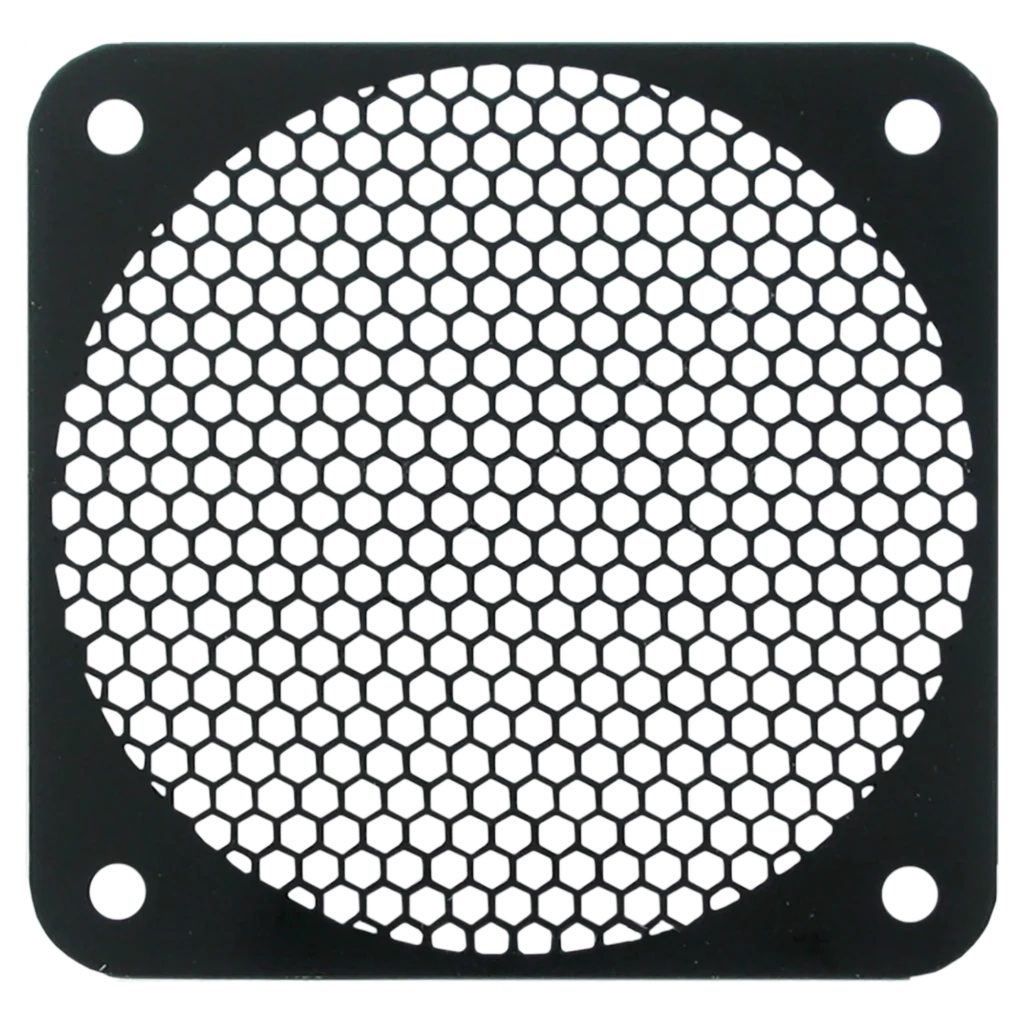
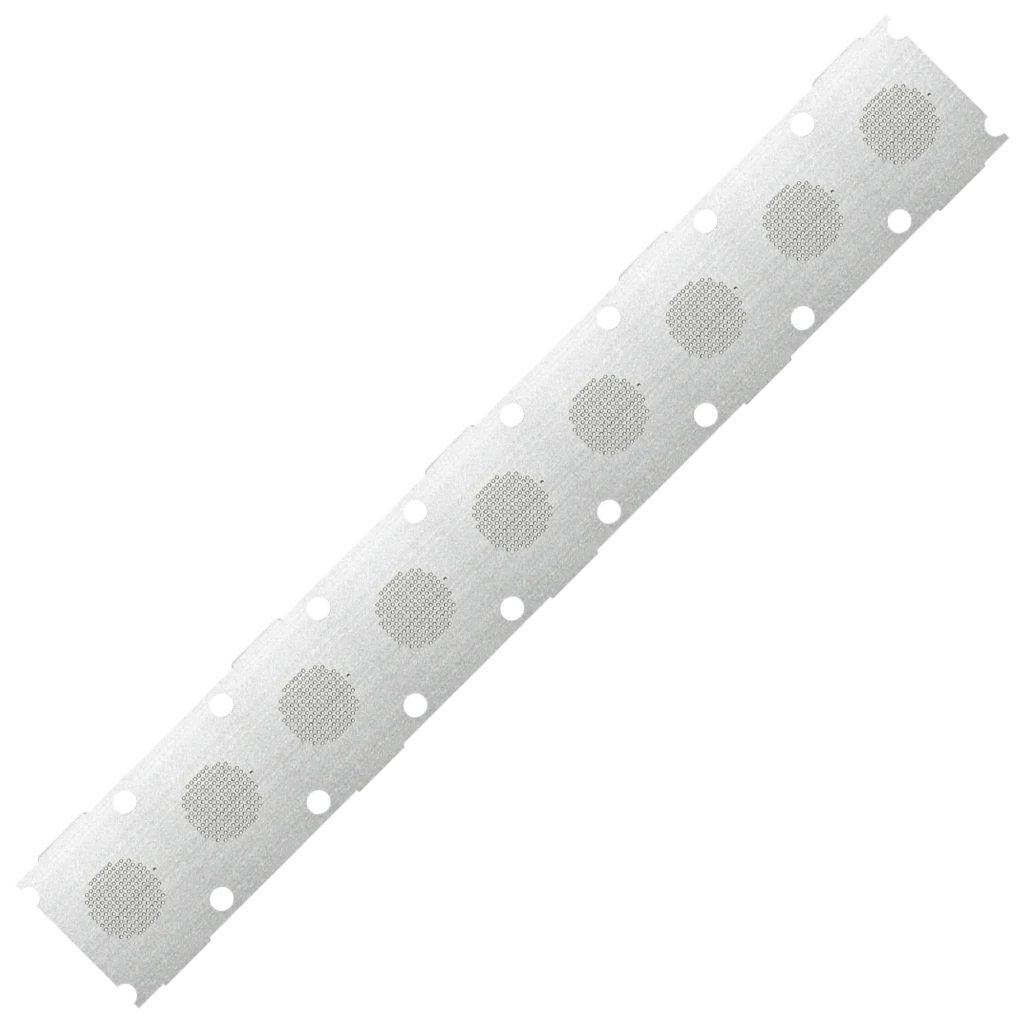

Photochemical etching, also known as precision chemical machining, chemical blanking, or acid etching, is an exact subtractive manufacturing process where chemical etchants selectively remove metal from a thin sheet to create intricate shapes, patterns, and features. Unlike traditional methods, photochemical machining does not involve mechanical force or direct contact with the sheet of metal, minimizing the risk of distortion, burrs, or stress-induced deformation.
The benefits of photochemically etching filters and screens include fabricating precise parts with intricate geometries and accurate patterns.
Here are additional benefits of titanium photochemical etching:
With a history of engineering excellence, PEI is among the top companies providing photochemically etched metal parts and components for various critical industries.
With ISO-9001:2008 and AS9100 certifications, PEI was also granted certification under the International Traffic in Arms Regulation (ITAR) in 2010, enabling it to provide weapon system components and accessories in compliance with the Code of Federal Regulations implemented by the U.S. Department of State.
Our rigorous inspection processes and testing procedures ensure that every product we produce meets stringent accuracy, reliability, and performance standards.
